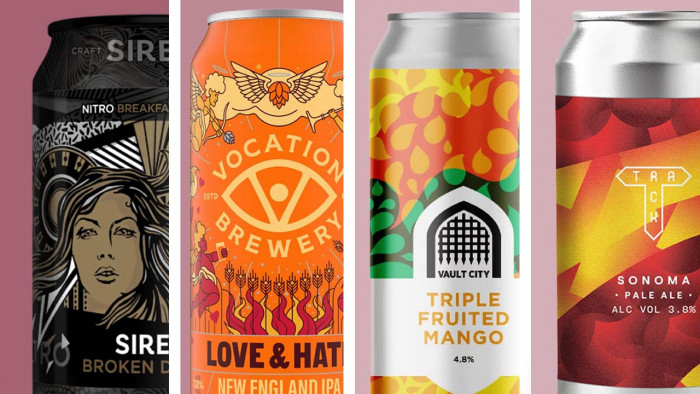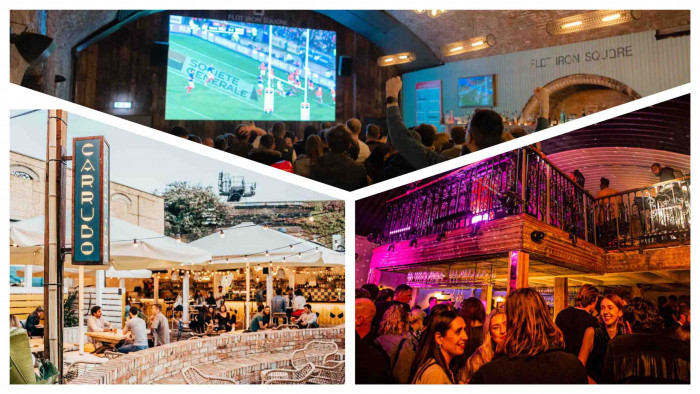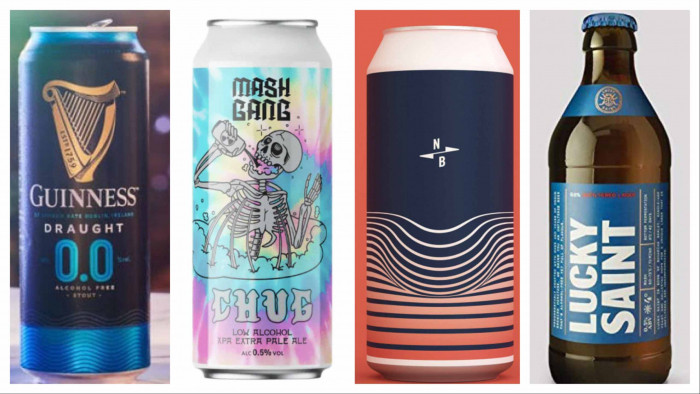Drinking coffee could help you live longer, say scientists
For once, something we like is good for us


You never read about how drinking eight pints after work and then getting a kebab on the way home can improve your sex life, or how playing hours of computer games actually make you more attractive. Why do the fun things in life never equate to anything good? Why does nobody ever tell you to avoid salad for health reasons and make sure you get your weekly intake of spicy chicken wings?
Well, a speck of good news is on the horizon, as it turns out ,according to a recent study, that coffee drinkers are likely to live longer. So your morning (and let’s face it, mid-morning, lunchtime, and possibly afternoon) caffeine hit, isn’t only allowed, but actively encouraged.
RELATED: 10 reusable coffee cups that’ll look dead good on your desk
In a paper recently published in JAMA Internal Medicine, researchers studied the results of questionnaires filled in by 500,000 people (imagine how long that took to compile, and you thought getting your mates to fill in your dissertation survey was taxing) and compared their health habits such as smoking, drinking, coffee and more.
In the follow up study ten years later, 14,200 of those who took park had passed away. When scientists analysed the results of the participants, they found a correlation between coffee drinkers across the board, and longevity. There were slight changes in terms of type of coffee (ground, instant etc) but in general the rule stands that coffee may extend your life expectancy.
In comparison to non-coffee-drinkers, those who had one cup a day had an 8% reduced risk of premature death, and the more you drink, the more the divide. Those who drank up to seven cups a day had a 16% increased chance of living longer (presumably because you’re moving so fast death can’t find you, if you’re drinking SEVEN cups a day) and tailing off to 14% if you drink eight or more cups a day. This is presumably because at this stage, you are part-human, part-coffee, and are no longer counted within the realms of being human.
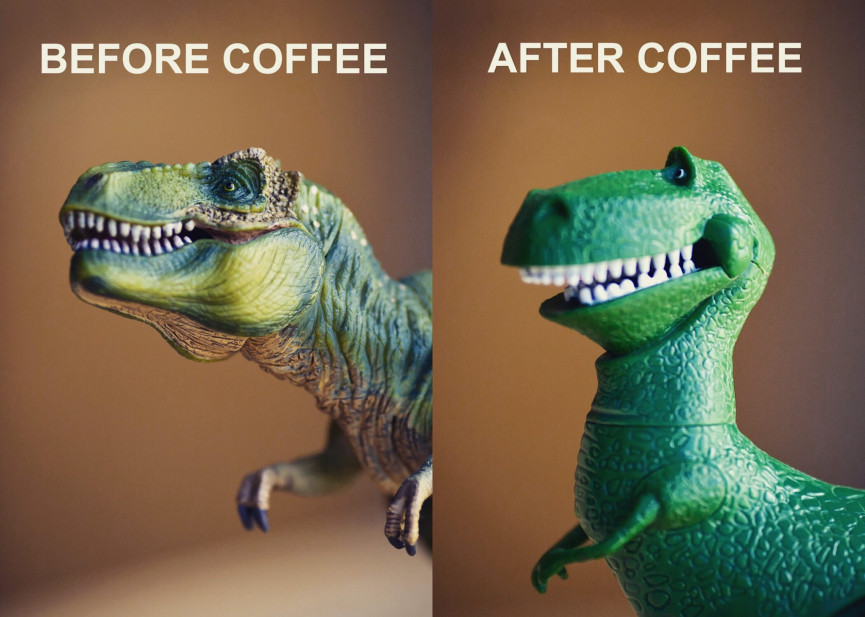
Strangely, decaf coffee drinkers saw the same effect, which would suggest that it’s not caffeine that is the catalyst here. The rate and way in which individuals metabolised coffee didn’t seem to have an effect either, which has previously thought to have been a factor in the way the drink impacts your health.
Don’t fill that paddling pool with iced lattes yet though, Dr Erikka Loftfield, the lead investigator on the study, says that because the study looked at existing data from a previous study, the findings aren’t totally conclusive. “To better understand the potential biological mechanisms underlying the observed associations of coffee with various health outcomes, additional studies are needed.” Can we just pretend we didn’t hear that bit?
Whatever the truth, one thing is for sure, you shouldn’t feel bad about your coffee addiction, but (and we’re no doctor) you probably shouldn’t be drinking eight cups a day of anything. So maybe try not to do that.
Now. Does anyone have a study about how watching football can get you in shape?
- Love coffee? These are the best coffee pod machines you need to try
(Image: Getty)
Latest


Ten things you need to know about Hyrox


Is clubbing actually good for you? We asked an expert

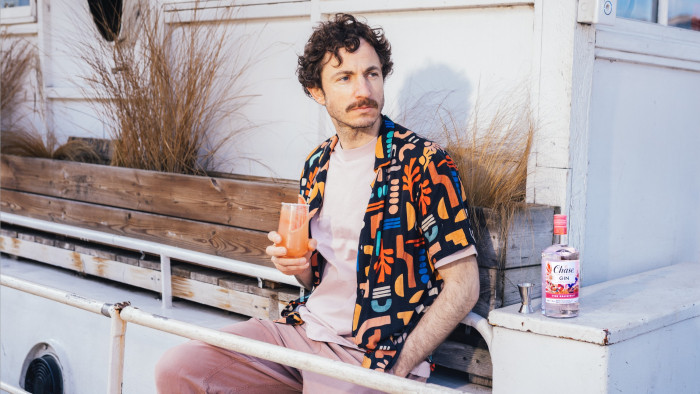
Horticulturist shares tips on how to urban garden
Related Reviews and Shortlists

